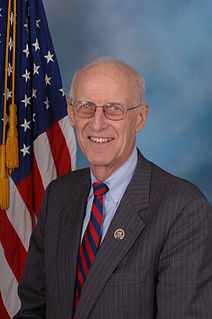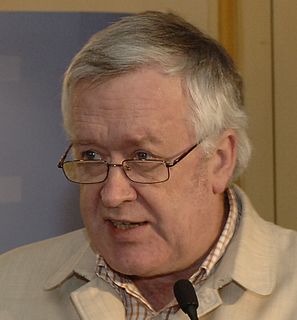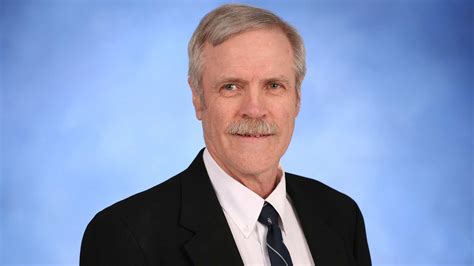A Quote by Ross Gelbspan
Each year we pump at least six billion tons of heat-trapping carbon into the innermost layer of our atmosphere, whose outer extent is only about twelve miles overhead. According to an IPCC (United Nations' Intergovernmental Panel on Climate Change) report released this year, atmospheric CO2 will, if the buildup is left unchecked, double from its pre-industrial level within the next century. That doubling of CO2 correlates with an increase in the global temperature of at least three to eight degrees Fahrenheit. The last ice age was just five to nine degrees colder than our current climate.
Quote Topics
About
According
Age
Atmosphere
Billion
Carbon
Century
Change
Climate
Climate Change
CO2
Current
Degrees
Double
Doubling
Each
Each Year
Eight
Extent
Five
Global
Heat
Ice
Ice Age
Increase
Industrial
Innermost
Just
Last
Layer
Least
Left
Level
Miles
Nations
Next
Nine
Only
Our
Outer
Overhead
Panel
Pump
Released
Report
Six
Temperature
Than
Three
Tons
Twelve
United
United Nations
Whose
Will
Within
Year
Related Quotes
The models that have been constructed agree that when, as has been predicted, the level of carbon dioxide or its equivalent in other greenhouse gases doubles from pre-Industrial Revolution concentrations, the global average temperature will increase, and that the increase will be 1.5 to 4.5 degrees Celsius or 3 to 8 degrees Fahrenheit... In Dallas, for instance, a doubled level of carbon dioxide and other gases like methane, would increase the number of days a year with temperatures above 100 degrees from 19 to 78 each year.
I am troubled by the lack of common sense regarding carbon dioxide emissions. Our greatest greenhouse gas is water. Atmospheric spectroscopy reveals why water has a 95 percent and CO2 a 3.6 percent contribution to the 'greenhouse effect.' Carbon dioxide emissions worldwide each year total 3.2 billion tons. That equals about 0.0168 percent of the atmosphere's CO2 concentration of about 19 trillion tons. This results in a 0.00064 percent increase in the absorption of the sun's radiation. This is an insignificantly small number.
We can no longer completely avoid anthropogenic climate change. At best, limiting the temperature rise to two degrees is just about possible, according to optimistic estimates. That's why we should spend more time talking about adjusting to the inevitable and not about reducing CO2 emissions. We have to take away people's fear of climate change.
These proven positive consequences of elevated CO2 are infinitely more important than the unsubstantiated predictions of apocalypse that are hypothesized to result from global warming, which itself, may not be occurring from rising atmospheric CO2 levels. The aerial fertilization effect of atmospheric CO2 enrichment is the only aspect of global environmental change about which we can be certain; and to restrict CO2 emissions is to assuredly deny the biosphere the many benefits that accrue from this phenomenon.
CO2 is a minor player in the total system, and human CO2 emissions are insignificant compared to total natural greenhouse gas emissions. Therefore, lowering human CO2 emissions will have no measurable effect on climate, and continued CO2 emissions will have little or no effect on future temperature....While controlling CO2 emissions from burning fossil fuels may have some beneficial effects on air quality, it will have no measurable effect on climate, but great detrimental effects on the economy and our standard of living.
The climate system is constantly readjusting naturally in a large way - more than we would ever see from CO2. The CO2 kick [impact of CO2 emissions] is extremely small compared to what is happening in a natural way. Within the framework of a proper study of the sun-climate connection, you don't need CO2 to explain anything.
To reduce modern climate change to one variable, CO2, or a small proportion of one variable - human-induced CO2 - is not science. To try to predict the future based on just one variable (CO2) in extraordinarily complex natural systems is folly. Yet when astronomers have the temerity to show that climate is driven by solar activities rather than CO2 emissions, they are dismissed as dinosaurs undertaking the methods of old-fashioned science.
For me the two biggest issues are climate change and animal welfare/animal agriculture. And oddly enough animal agriculture is such a contributor to climate change. According to the United Nations, 25% of climate change comes from animal agriculture, so every car, bus, boat, truck, airplane combined has less CO2 and methane emissions than animal agriculture.





































